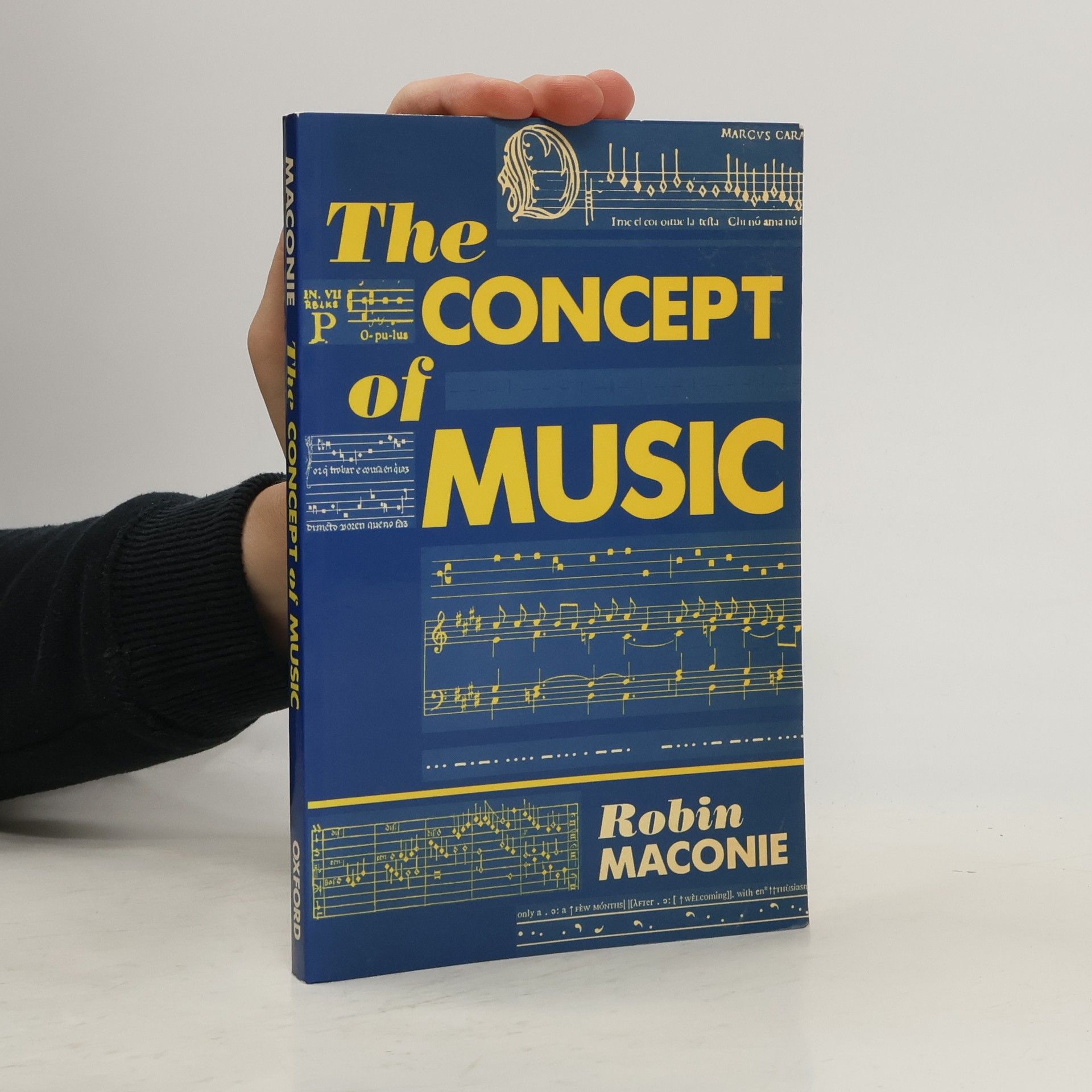This Element hopes to draw attention to the ideas of communication and flight in western tradition. It explores Varese and his 'noble noise', the arrival and influence of Information Theory, examples of early computer music, and ends with a defence of the sublime logic of Stockhausen's singing helicopters and tornados.
Robin Maconie Livres


The Concept of Music
- 198pages
- 7 heures de lecture
What is music for? How does it work? What can it teach us? Intuitively, we feel there must be answers to such questions, but they tend to be scattered throughout a wide range of different areas of study, from acoustics to music history, from psychology to composition. In this brilliant and thought-provoking book, Maconie seeks the answers to these and other fundamental questions about music, integrating music and appropriate scientific research in a new evaluation of his topic. In so doing, he argues passionately for a reappraisal of music, not as mere entertainment, but as something basic to our experience of listening and communicating in sound, and an art which has exerted a profound influence on society.